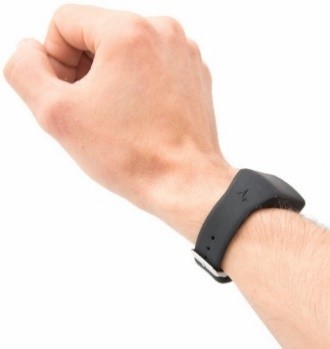 Did you know that, along with tobacco and alcohol use, physical inactivity is now recognised as a leading modifiable risk factor for cancer? We now know that being more physically active can lower the risk of at least 13 types of cancer. However, the research to date has largely been based on self-reported information on physical activity that study participants have provided via questionnaires or interviews.
Did you know that, along with tobacco and alcohol use, physical inactivity is now recognised as a leading modifiable risk factor for cancer? We now know that being more physically active can lower the risk of at least 13 types of cancer. However, the research to date has largely been based on self-reported information on physical activity that study participants have provided via questionnaires or interviews.
Physical activity can be measured objectively, and much more accurately, using devices worn on the body, called accelerometers. There are few large-scale studies exploring the health effects of physical activity measured using accelerometers. These devices have the added benefit of measuring, and enabling research on the health effects of standing, sitting and sleeping.
We are very excited to announce a new collaboration between the ABC Study and the Gandel Foundation. The Gandel Foundation have previously funded some of the biological sample collection within our study (blood and poo). It has now contributed $500,000 to help us roll-out data collection using real-time 24-hour monitoring devices (accelerometers). These discrete, wrist-worn devices will help us capture accurate information about time spent being physically active, standing, sitting and sleeping. By harnessing the power of newer technology, with your help we will provide new insights into the role that physical activity, standing, sitting and sleep play in the development of cancer.
In 2025 we will begin the third wave of follow-up of the ABC Study. This time, the online questionnaire will be shorter than in the past. After you have completed the questionnaire, you will be asked if you’d be willing to wear an accelerometer. If you opt in, we will post you a device with a replied paid envelope so that you can send it back to us after wearing it for one week.
Thank you for your ongoing contribution to the ABC Study. Together, we’re building a scientific resource that will help the next generation of researchers improve cancer outcomes for the community.
View more latest news